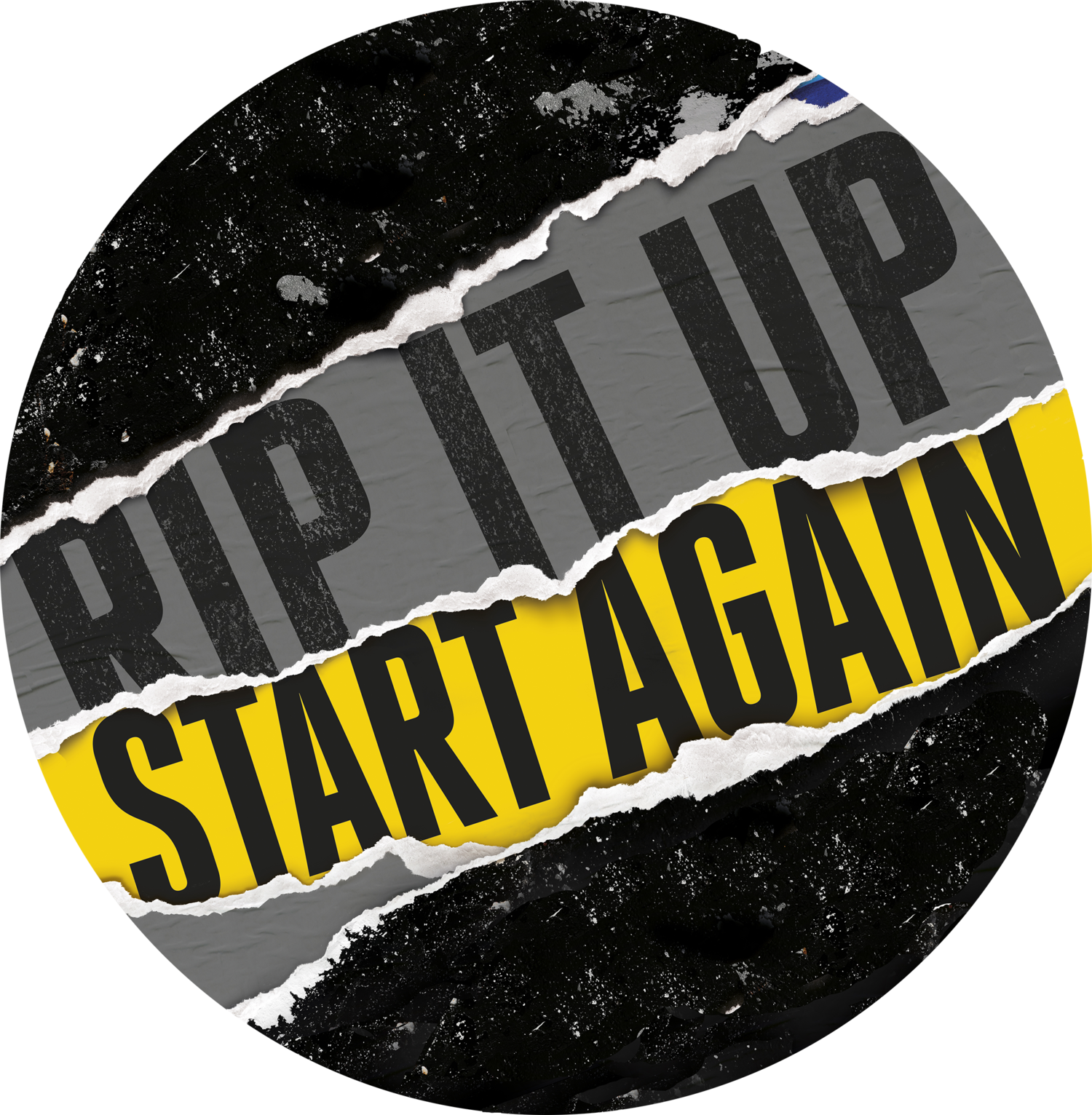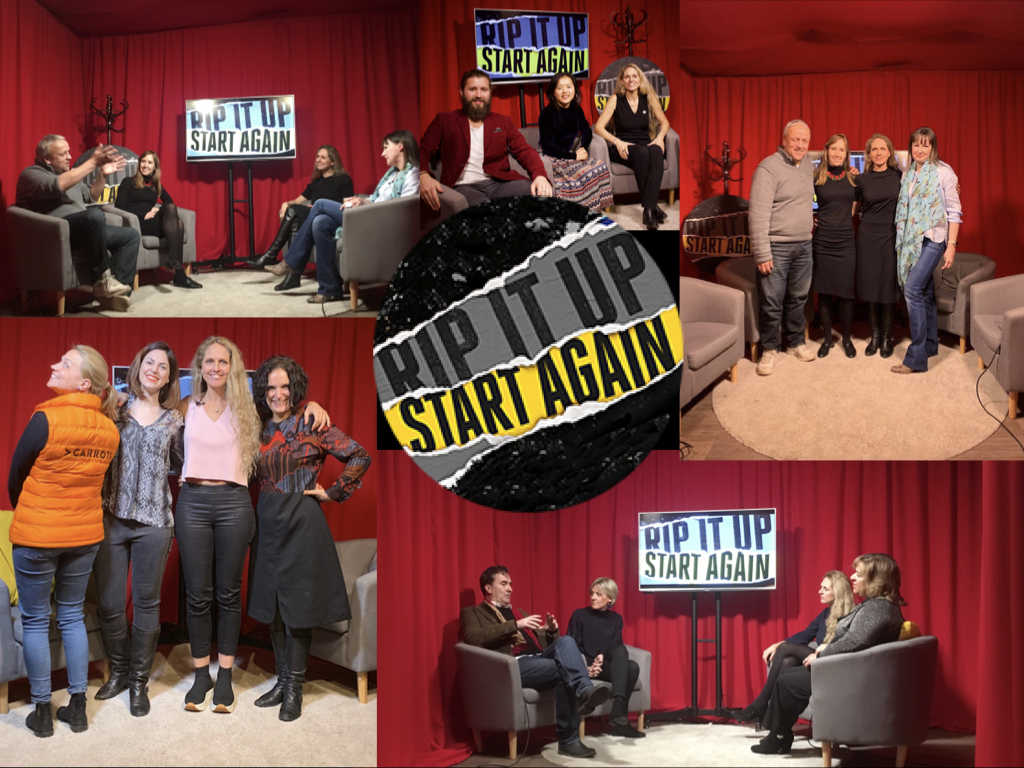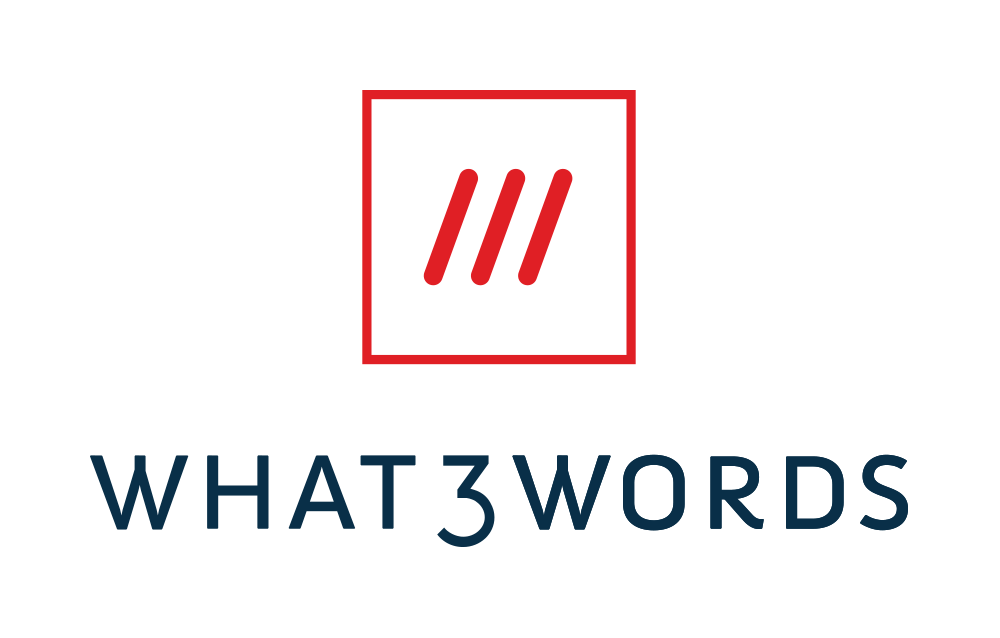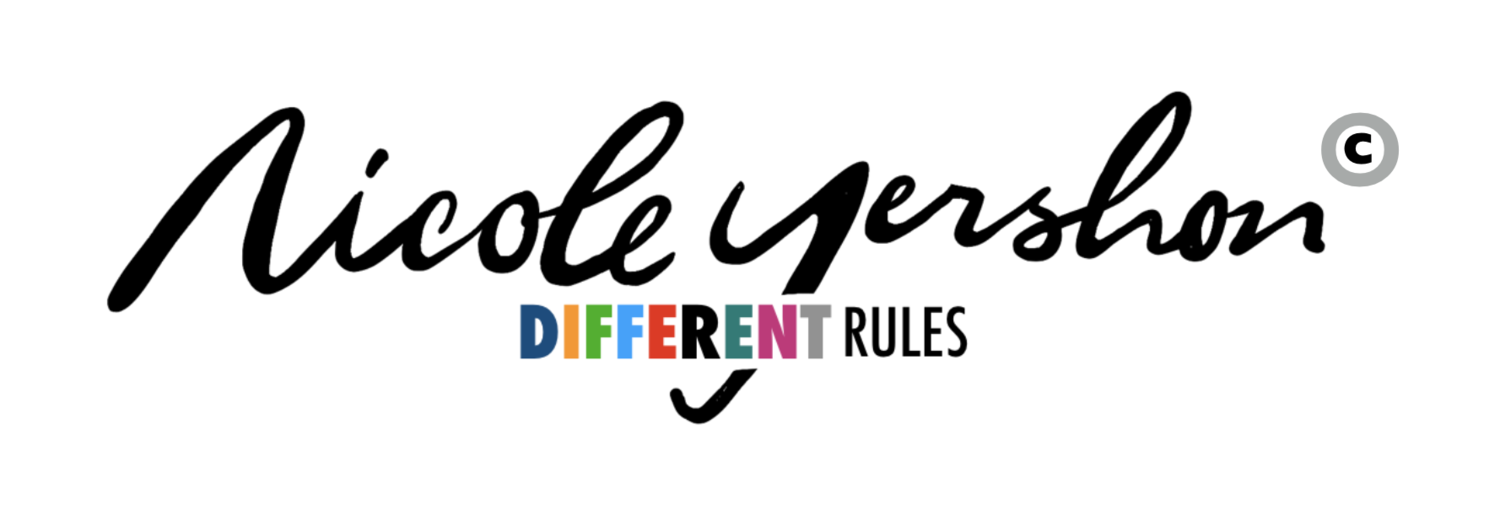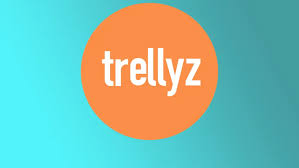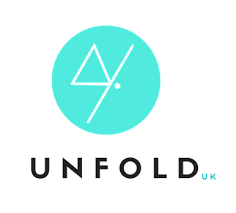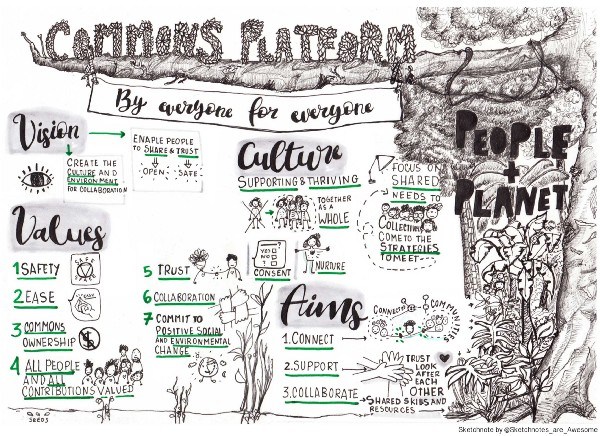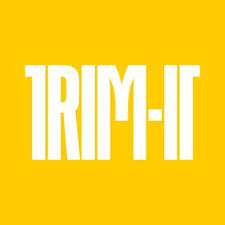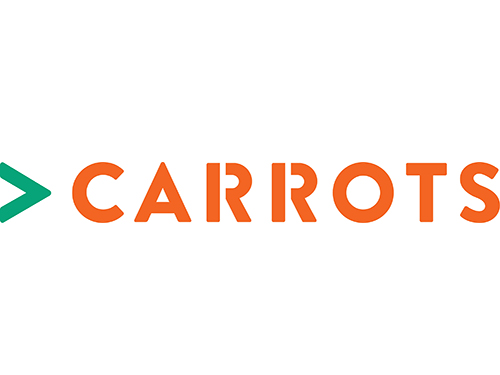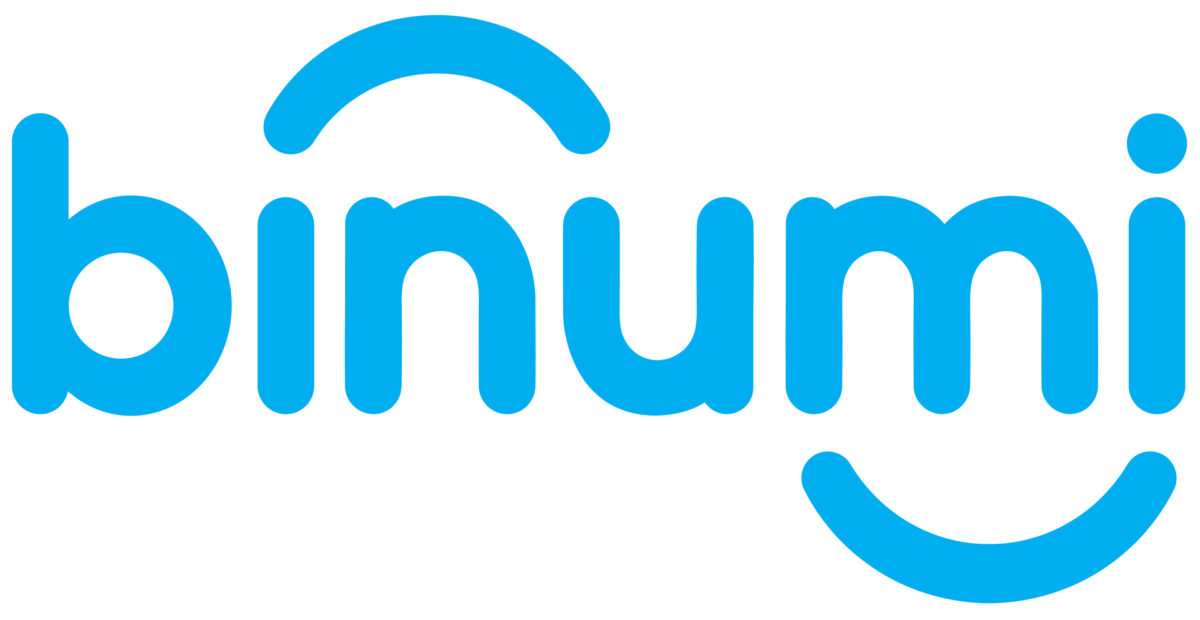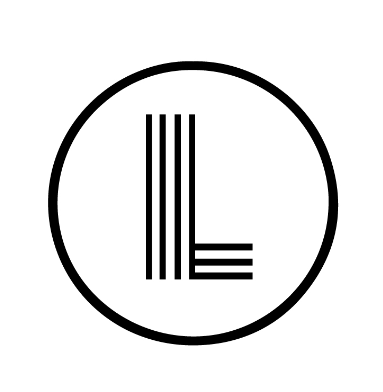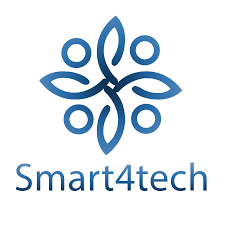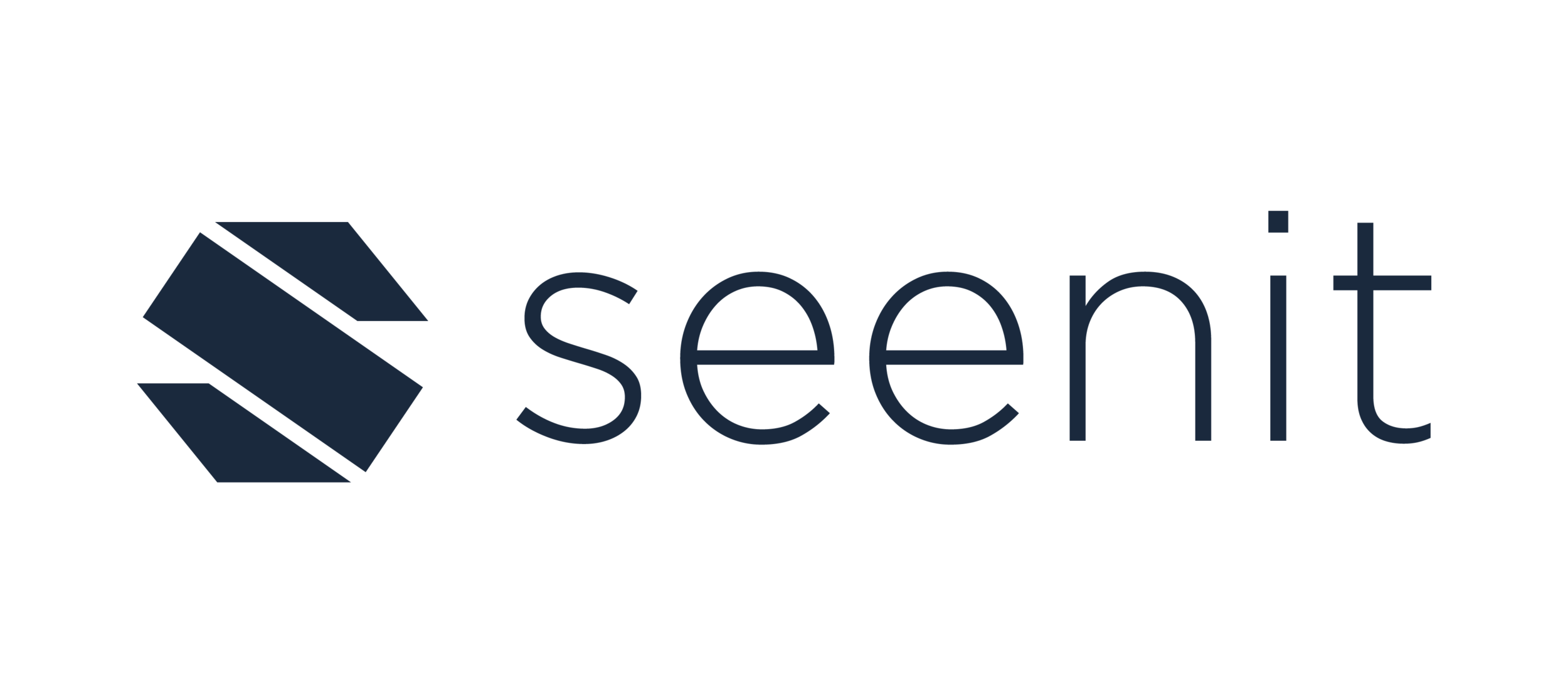Round 12: Forward Food | Patchwork | Our Closet
/Rip It Up, Start Again have partnered with Disruptive.Live to bring you disruptor stories from some of the most exciting startups. Hosted by Lulu Laidlaw-Smith, this televised event includes a series of five-minute overview and backstory from entrepreneurs followed by an interactive Q&A.
SPEAKER #1 Olivia Knight | Patchwork
Olivia is the founder of Patchwork, a company that allows friends to come together to contribute to gifts and experiences for their loved ones. Olivia was raised in a family that understood the necessity of sustainability, being eco-minded and vegetarian from an early age. Her first venture into ripping things up was when she turned away from her career in advertising to work as the creative director for a charity called Do The Green Thing. Their intention was to create an advertising agency for planet Earth. Her second step into ripping it up is what led to the creation of Patchwork. She and her husband were getting married, and their goal was to have a honeymoon that they could both enjoy along with the children. However, she really didn’t want to say, ‘Give us some money,” in the invitations they sent out. So she created a website that allowed people to buy them ‘experiences’ – like paying for a night or two at an Airbnb or buying the kids an ice cream cone at the beach. Patchwork has thus become a platform for any occasion, allowing people to get together and show their love by giving their friends and family one thing they actually want. Find out more at https://patchworkit.com/.
SPEAKER #2 Rosie de Malmanche | Our Closet
Rosie is ripping up the fashion industry. Coming from Australia, she saw that fashion in that part of the world was very much a sharing economy but not really the case here in the UK. Her company, Our Closet, is an online platform for peer to peer clothing rentals, giving people the chance to rent items for a special night out that they wouldn’t necessarily buy, encouraging the recycling of clothes and a sense of community among its users. Marketing today encourages people to buy, buy, buy, promoting the ‘fast fashion’ industry that is not sustainable. Our Closet gives people, young and old, the opportunity to feel confident, comfortable and cool, while also removing clothes that might end up in landfills, and helping to reduce pollution that is created by the fashion industry every year. Find out more at https://ourcloset.co.uk/
SPEAKER #3 Rob Ward | Forward Food
For the first thirty years of his life, Rob Ward worked in the farm and food industry in every kind of capacity. From being hands on with the daily activities of the farm to learning the ways of big business and distribution, Rob has seen all corners of the farming and food market, and knows that right now, agriculture is considered to be at the forefront of contributing to the global environmental crisis. After successfully creating and exiting 5 other companies, Rob founded Forward Food, a company that helps the people with innovative ideas to change the future of food and our environment. With the expertise behind him, Rob is invested in being a part of flipping the narrative, finding ways to make the farming industry a contributing factor in saving the planet, and educating people along the way. They are determined to find practical solutions that lower farming costs and also fix our world all at the same time. Find out more at https://forwardfood.org/.
Q&A HIGHLIGHTS
On problems solved...
Olivia Knight: “The fundamental problem is the huge one that we all need to solve, is that we live on a finite planet with finite resources, and we’re consuming too much, that’s it. And we’ve got about eight and a half years to do something about it, otherwise we are absolutely heading for chaos. So in relation to Patch Work and me and our business, what we’re looking to do is change the current convention, and disrupt the current model around gift-giving which is this: we show our love for each other by spending money we don’t have, buying each other shit we don’t need. That’s it, that’s what we do. Birthdays, weddings, Christmas. And what we’re trying to do with Patch Work is almost stealth environmentalism because the key things we know we need to do is buy less and buy better — so it’s better to buy something that is more expensive, which is made well, which has been not used in an exploitation of labour or our resources, and then invest in that thing that you can enjoy.”
Rosie de Malmanche: “The fashion industry being the second-most polluting industry, that’s just insane, it just blows my mind. I think there’s a level that people are just unaware of that, they don’t realise it’s so polluting. And to give them another option, to fight back against the advertising of like, ‘buy, buy, buy,’ it’s giving them that option to go, ‘Hey, I don’t feel right about this, this doesn’t feel good, I’m not fulfilled buying all of this crap I don’t need.’”
Rob Ward: “The big problem we’ve got is finding ways to take human guess-work out, which is costing the industry a lot of money, and replace it with technology. So that’s the first big challenge. And I guess then is, does that create unemployment? Well, no, because there’s so much more they can do within the industry, probably more fulfilling anyway. So often we’re using humans in a situation when we should be using tech. It could be really simple things but even surveillance systems or compliance systems in food and farming is largely controlled by human beings.”
On trust...
Olivia Knight: “What I think is very interesting for us, and I think this will be similar for Rosie, is that I’m Chair of Sharing Economy UK, which is a trade body that represents all sharing economy businesses that enable people to trade space, skills and stuff so Patch Work is a part of that and so would be Our Closet. And what’s really interesting is people are rediscovering trust in people. So the sharing economy is one of the fastest growing sectors, it’s growing at 60% a year. In 2025, it’s predicted to be a £140 billion industry. So we may be losing trust in corporates but we’re really finding out trust in each other, in people, and I find that is a hugely positive thing and we need to do a lot more of that."
Rosie de Malmanche: “So mine is peer-to-peer, so the borrower has to trust that the lender is going to send the piece to her, that it’s going to be clean, that it’s going to be in good condition as described. The lender then has to trust that the borrow is actually going to send it back on time, and undamaged. I’ve created a platform that adds in a lot of security to borrower and lender. I offer insurance, if an item is returned late, or damaged, or not returned at all, I can automatically charge them. And also anyone that signs up as a borrower must be approved first.”
Rob Ward: “Trust is a massive deal in food and one of the great arguments for all of the issues around people moving away from meat, for example, for lots of reasons, there’s this complete breakdown in trust in corporates. Who do you trust anymore? Relying on fake news, or whatever you want, and you get all this noise that says, ‘We need to change how we eat.’ So for us, systems that create transparency, that open an avenue to the supply chain, digital solutions we’re seeing. But then it’s also more complicated because then you’ve got change the commercials around that to make it work, because the typical system, there’s too many people in that chain. So again, tech is going to find ways to cut out the unnecessary parts.”
On validation…
Olivia Knight: “Very initially we validated it as a prototype with our own wedding website. We’ve now validated it with the 75,000 people using Patch Work for exactly the same reason.”
Rosie de Malmanche: “Mine is very easy to validate, it’s been validated over-seas, it was just bringing what the rest of the world is doing, to the UK. We’re a little bit behind, we need to catch up, we need to get on this train."
Rob Ward: “Well, I’ve worked with other ideas now and helped them find investors. What I’m looking for, when I see an idea, what are the key tips to do, so yes, it’s got to be a big opportunity. The best thing to do is to find something you can take one element of what you’re doing and test it with one customer as quickly as possible and as cheap as possible and fail as fast as possible. And you learn after you’ve had your ass kicked what more you can do.”
On scaling up…
Olivia Knight: “I think we want to scale appropriately to ensure that we can build the kind of longterm, sustainable business that we know works…We know if we do right by our couples, who really value their independence and want to book their honeymoon how and when and who they like, we resist that potential opportunity for cash which could actually hamper us in the longterm.”
Rosie de Malmanche: “My scale actually depends on marketing spent, the more marketing spent the more scale, so I’m more funding it at the moment to grow that. It has been growing at a nice steady rate, but we want to put it out there.”
Rob Ward: “With scale, for us, it really does need to be something that is globally exciting. Over 40% of our business is from abroad. It’s making sure those businesses that we are working with are the right the right businesses.”
On change…
Olivia Knight: “We’re constantly iterating and investing into tech. I think we then obviously respond to the way the user sort of views our site and then we’ll use new technology and new features.”
Rosie de Malmanche: “I probably found a difference in the market coming from Australia over here because people are a little more reluctant to adopt it. I guess just giving [lenders and buyers] more communication between themselves.”
Rob Ward: “Our big thing we’re building into now is due diligence. Classically, due diligence would be, ‘Are you an expert? Is your credit score ok?’ That type of thing. While actually I’m looking at due diligence from two ways, due diligence on the technologies and also around the IP. We’re building in due diligence systems, that’s our future proofing, that doesn’t end up in a situation with an investor saying, ‘They said this, but it isn’t the case.’”
